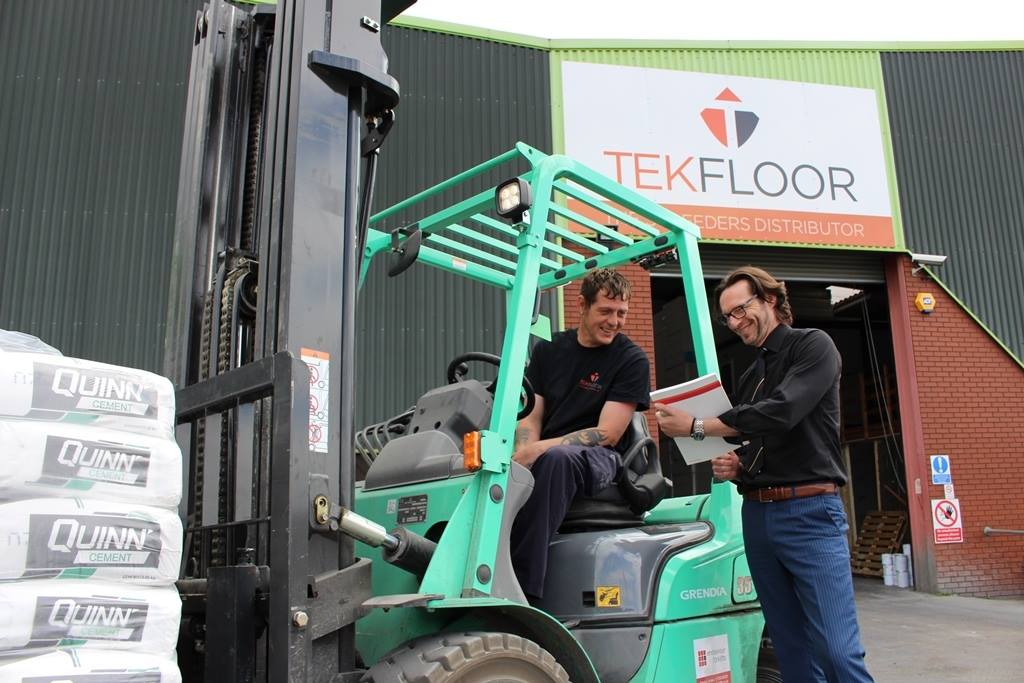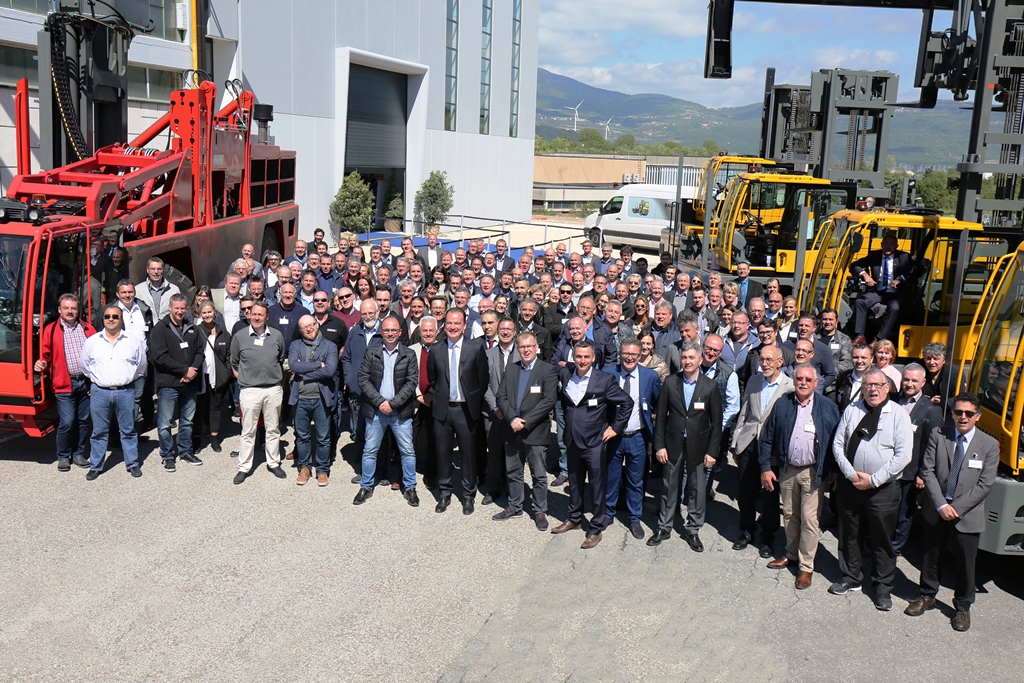One of the most widespread myths about operating a forklift is that you need a ‘license’ as such. Although it may seem that you need a license to operate a forklift truck, you don’t. You do, however, need to be ‘qualified’, but this qualification does not come in the form of a license card but as a certificate.
If you have come across job adverts for forklift truck operators, which includes “Forklift License Required” or “Need FLT License”, they are likely requesting a certificate of training.
In the UK, any operator who undergoes proper forklift training will receive a certificate demonstrating that they have completed basic training on the specified type of forklift truck.
Unlike licenses, a certificate will not have an expiry date. For this reason, it is recommended that a refresher course should be provided to operators every 3-5 years, depending on company policy. This will ensure your skills are kept ‘fresh’ and limit the development of complacency and dangerous habits.
Do I need a UK driving license to acquire a Forklift License?
You do not need a UK driving license to be able to drive and operate a forklift truck and there is no legal requirement to do so unless you wish to use the forklift on the public roads. If you are driving the forklift on a public highway, the truck would also have to fully comply with the appropriate road traffic legislation.
It’s also important to remember that if you have a valid UK driver’s license, you are not automatically forklift certified.
Are there any restrictions to getting my forklift license?
There aren’t many restrictions and requirements for getting a forklift license, but current restrictions include:
Age
Commonly, to qualify for forklift training, you should be over 17, yet most employers won’t employ people under 18 due to other limitations in place due to the weight of the forklift and the environment in which they are operating.
Road traffic legislation will also apply when forklift trucks are operated on public roads and this would be age 17 for trucks up to 3.5 tonnes, 18 up to 7.5 tonnes and 21 for heavier equipment.
Medical Fitness
Forklift truck drivers are in charge of some extremely heavy and potentially dangerous pieces of equipment, so operators must be medically fit enough to finish the work they need to undertake. HSE states “It is good practice for all operators and potential operators to be screened for fitness before employment and then at regular intervals throughout employment.”
The standard of fitness required to be able to operate a forklift truck is virtually the same as that required to hold a Group 1 Driving License. Truck operators should usually be able to fully move their truck, neck and limbs, and have average agility. They should also be able to use both eyes, to judge space and distance. Distance vision should be of the same standard as for driving a car on public roads. If distance glasses are required, they should be worn when operating a forklift truck. The ability to hear instruction and warning signals are also important.
If an operator suffers from epilepsy, this should not stop them from operating a forklift if they have/are eligible for an ordinary drivers license. Though, if they experience any recurrence of seizures, they must be reassessed medically.
Disabilities
Due to the Disability Discrimination Act of 1995, many disabilities aren’t considered a barrier to the job if the employer can make reasonable adjustments that help a disabled person do the job safely.
Can I drive any type of forklift once I have my license?
The training which you receive is only valid for the type of machinery you were trained on. If you wish to use other forklifts and warehouse equipment, then you will need to undertake further training for the specific equipment.
If you are looking to operate both a diesel/LPG truck and an electric counterbalance truck, then it is recommended that you should receive formal training on one truck type, then have control familiarisation on the other. Familiarisation does not need to take places as a formal training course but should be carried out before the operator starts their work with the truck.
Also, if you are required to refuel an LPG truck and recharge an electric truck, you should receive adequate training on how to do both, correctly.
What does forklift training entail?
Novice courses will cover everything you need to know about operating a forklift, including practical operational skills to health and safety, general maintenance to theory examinations. This will be aimed at ensuring trainees are knowledgeable about legal, health and safety factors as well as other aspects of being a successful forklift truck operator.
You will also have to learn how to load a forklift safely. An overloaded forklift is extremely dangerous, so ensuring operators are properly trained is vital. You’ll also have to do a theory test on everything you’ve learned and you’ll also be assessed on operating a forklift by a professional examiner.
The typical forklift training course may sound easy but will cover an extensive range of topics. Depending on the training course you take, tuition can include the following:
- A basic introduction into the type of forklift of which the course is intended for.
- Current and applicable legislation.
- How to run a pre-operational inspection, equipment checklist compliance, discrepancy reporting and pre-use inspection.
- Manufacturer’s recommended procedures such as maximum load capacity, the weight of the truck, attachment of accessories, man basket fork extension etc.
- Video presentations which discuss how to safely operate a forklift truck.
- Becoming familiar with the controls and operations of the forklift.
- Practices concerning the safe use of a forklift in the workplace.
- How to use the machine, including starting, moving, steering and halting/stopping.
- The proper approach and how to fetch the load and transport it to the designated area.
- Handling and bulk stacking of heavy loads in pallets.
- The safe stacking of loaded heights, un-stacking of loads.
- The correct procedures of both placing and retrieving loads to and from the rack, refuelling a motorised machine, changing the tank of an LPG powered machine and recharging an electric engine.
- Practice driving test to gauge the trainee’s driving skills.
- Theory exam used to measure the operator’s acquired knowledge.



